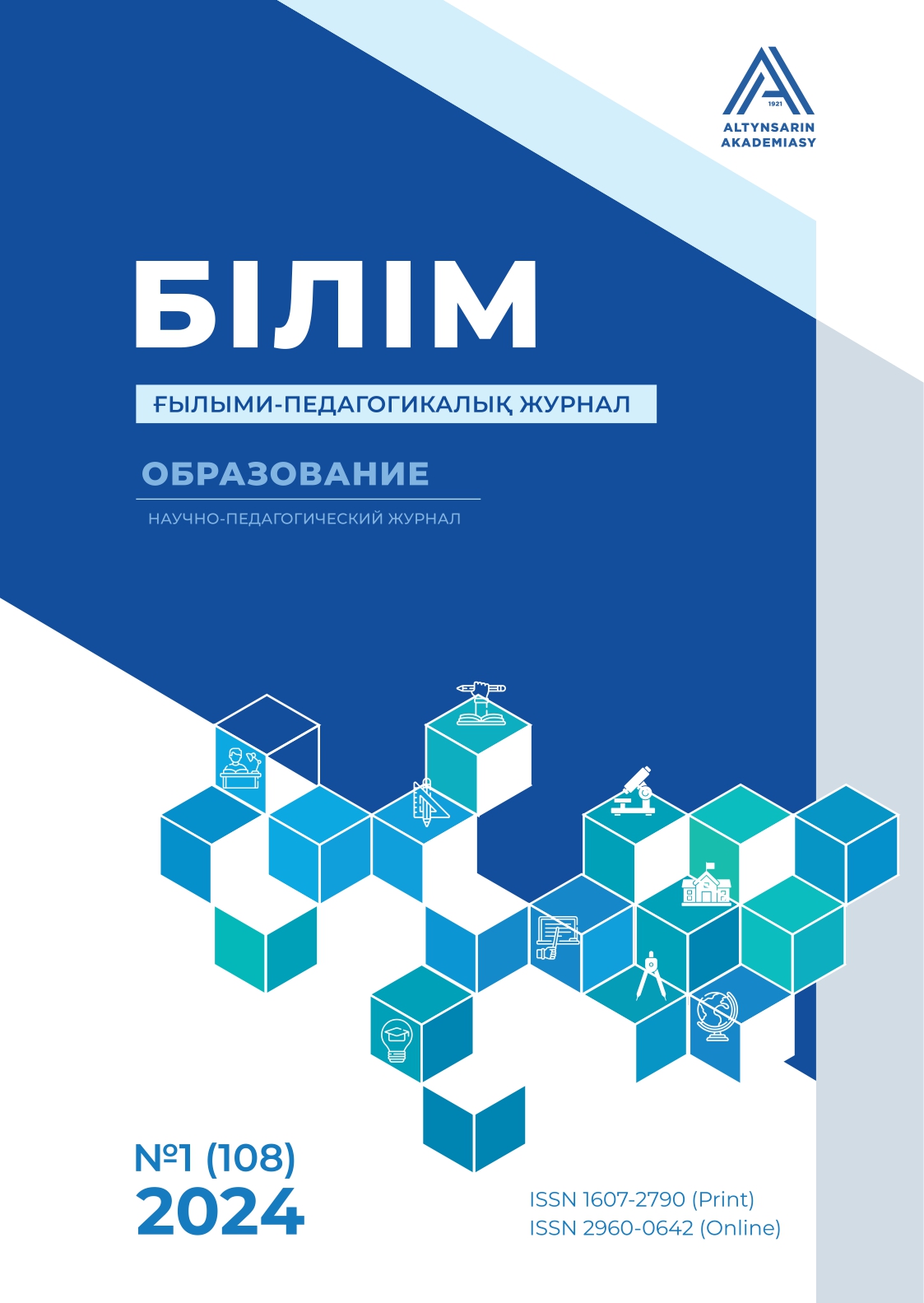The importance of contextual tasks in the formation of mathematical literacy
DOI:
https://doi.org/10.59941/2960-0642-2024-1-29-37Keywords:
mathematics, functional literacy, mathematical literacy, exercise system, contextual tasksAbstract
The goals of the modern education system are continuous and in-depth education of the young generation, upbringing of a comprehensively developed personality on the basis of national and universal values. One of the priority directions of mathematics education is the formation of basic competencies in the process of teaching the subject: the readiness of students to use the obtained mathematical knowledge and skills in real life to solve practical problems, as well as the desire to independently obtain the necessary information and be able to use it, that is, the formation and development of mathematical literacy. The article outlines the importance of contextual tasks describing a real-life situation related to students' knowledge and experience in the formation of mathematical literacy, which is one of the directions of functional literacy. The use of contextual tasks in the educational process contributes to the formation of students' skills to analyze, understand and explain a given situation, to choose the way of deriving results, to increase cognitive interest, to form and develop mathematical, educational, financial and information literacy. The use of such tasks in international studies, in UNT tasks is described. Besides, in order to determine the scope of application of contextual tasks in the educational process, the results of the survey "Contextual tasks" are presented.
 ҚАЗ
ҚАЗ РУС
РУС ENG
ENG
